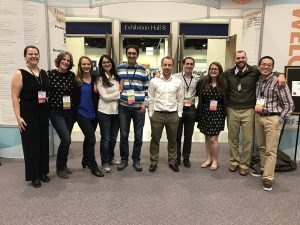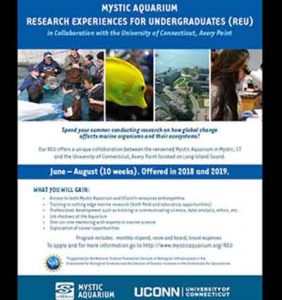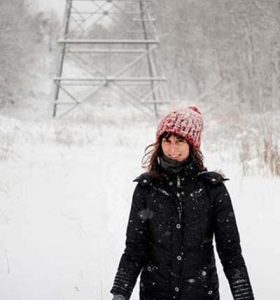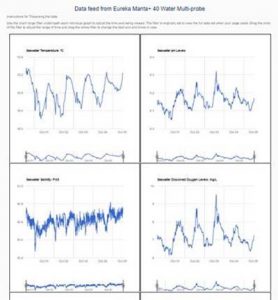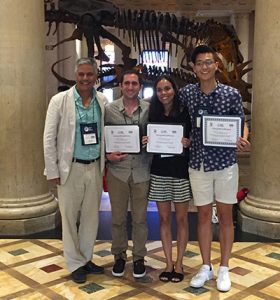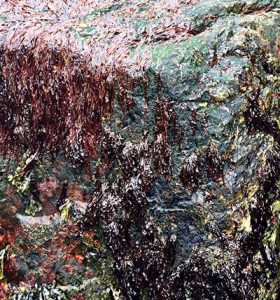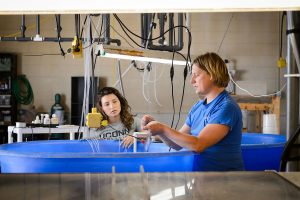WASHINGTON – U.S. Senators Richard Blumenthal (D-Conn.) and Chris Murphy (D-Conn.) and U.S. Representative Joe Courtney (CT-2) announced on Tuesday that the University of Connecticut (UConn) was awarded a Marine Debris Research Grant totaling $257,531 from the National Oceanic and Atmospheric Administration (NOAA) Marine Debris Program. The Marine Debris Program is a competitive grant process. UConn will conduct research on the effect of marine debris, like plastic, on oysters from August 2017 through October 2019.
“Our state depends on a clean Long Island Sound, and UConn has been on the forefront of protecting it and supporting marine businesses. This federal grant will help UConn students and professors do even more. It will support invaluable research on the effects of ocean plastic on shellfish,” said Blumenthal, Murphy, and Courtney. “Connecticut’s oyster fisheries are an important part of the Southeastern Connecticut economy, and they depend on clean oceans. We look forward to reviewing the research over the coming years as we continue to fight for policies in Washington that protect the Sound.”
“We are proud to receive this grant. Plastic debris can have profound impacts on marine life. Microplastics, produced by the weathering of debris, can be taken up by shellfish. Our research will examine what types of plastic particles are ingested by oysters in Long Island Sound, might cause them harm, and might be passed up the food chain to humans. The study connects the health of Long Island Sound to safe and sustainable seafood,” said Dr. J. Evan Ward, Professor at UConn’s Department of Marine Sciences in Groton.
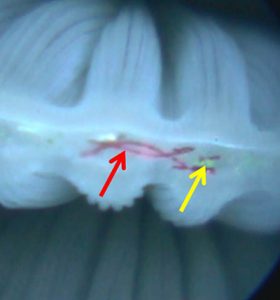
Micrograph of the gill of a living, actively feeding oyster delivered microplastic fibers (red Nylon, red arrows) and spheres (yellow polystyrene, yellow arrows). Fibers and spheres have been captured by the gill and are being transported to the mouth (magnification about 150 x). Credit: J.E. Ward.
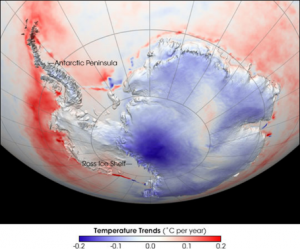 Expedition ANTARCTIC BLANC sets sail on 12th February 2018 on a 66-foot yacht in Puerto Williams (Chile). The destination is the the Western Antarctic Peninsula region, one of the fastest-warming places on Earth.
Expedition ANTARCTIC BLANC sets sail on 12th February 2018 on a 66-foot yacht in Puerto Williams (Chile). The destination is the the Western Antarctic Peninsula region, one of the fastest-warming places on Earth.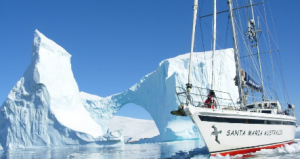 Metabarcoding allows rapid assessment of the zooplankton assemblage and pelagic food web, and better understanding of ecosystem responses to climate change.
Metabarcoding allows rapid assessment of the zooplankton assemblage and pelagic food web, and better understanding of ecosystem responses to climate change.